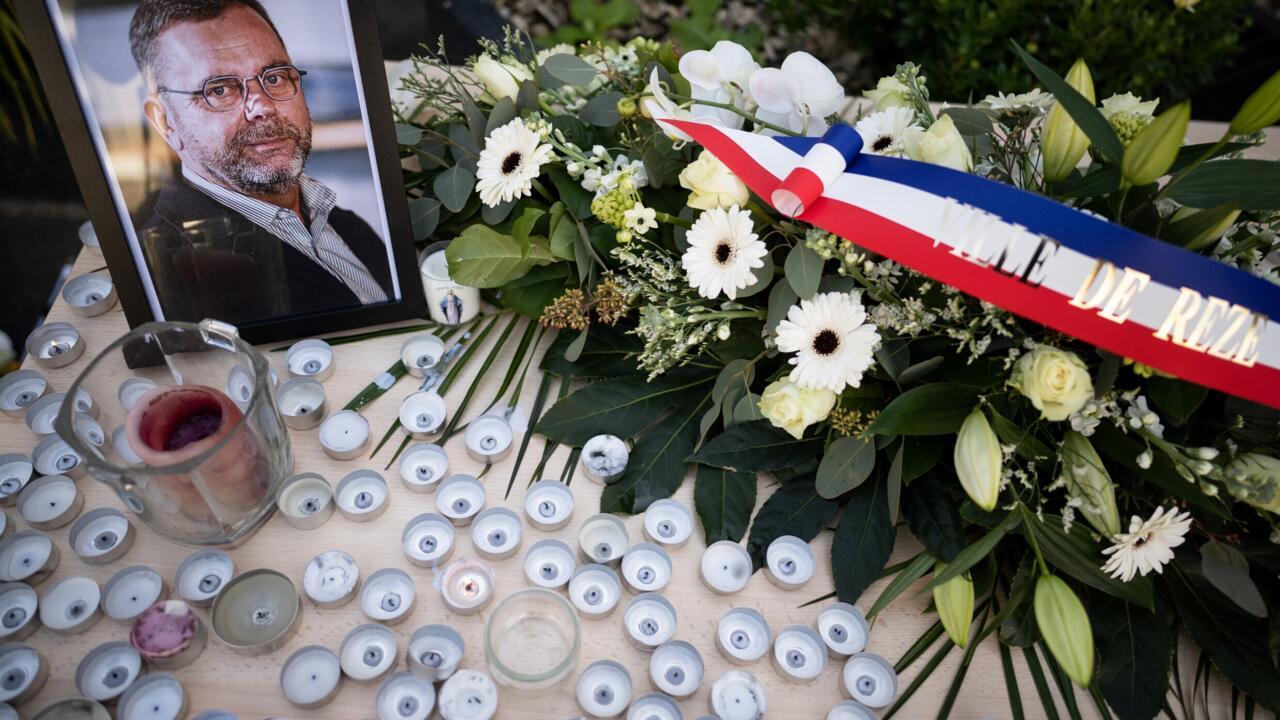The investigation did not identify the author of the malicious letters pointed out by Hervé Neau.
Since then, the mayors of France have constantly sounded the alarm about their situation between multiplication of responsibilities and skills, organizational deficit and regular attacks.
Rural mayors are particularly affected by this blues.
A year after the suicide of the mayor of Rezé, they still do not feel heard.
"My wife thinks I'm burnt out," loose Roch Chéraud, mayor of Saint-Viaud (Loire-Atlantique).
He is attached to his small town, to its 2,700 inhabitants, to its sea air.
But since his first term in 1995, the difficulties have increased.
"Today, we are lucky not to have more mayor suicides," he adds, his voice deep.
"It's the worst term we've seen," gets angry Gwenaël Crahes, 45, mayor of La Grigonnais.
His role as city councilor, he honors it "Monday to Sunday, from midnight to 11:59 p.m." in his small town of 1,760 inhabitants in Loire-Atlantique.
The Covid, confinements, new organizations in school canteens, in classes, the war in Ukraine and the rise in energy prices, inflation: he has no time to breathe.
The smaller the city, the less administrative staff there are, so the mayor takes on a multi-hat role, he is overstretched.
The mayor is often alone with the person in charge of the secretariat.
He must then prepare budgets, pay slips, take care of civil status or even administer the municipality's Facebook page.
"You are a Don Quixote. You fight against mills", regrets Roch Chéraud.
The daily worries of the inhabitants of the village add to this mental burden.
South of Grenoble, very close to the Ecrins massif, Châtel-en-Trièves (Isère), has only 500 inhabitants, but Fanny Lacroix, mayor of the town, is often overwhelmed: "Everyone has your mobile phone number, we calls you for everything: because there is a stray dog barking in front of the door, because a granny has no more water or more electricity, because there will be snow and 'we're going to have to clear the snow from the stairs."
“I could no longer reconcile everything”
When she was elected in 2020, her allowances – which are proportional to the number of inhabitants in the municipality – were not enough for her, as a single mother, to live properly and raise her two children.
She decides to keep her job as a civil servant.
Her doctor declared her on sick leave in the fall of 2022. "I could no longer reconcile everything, it was too complicated", she explains.
Since then, she has benefited from a secondment to devote herself full-time to her function as mayor.
the mayors of France are constantly sounding the alarm about their situation between multiplication of responsibilities and skills, organizational deficit and regular attacks © Thierry Zoccolan / AFP/Archives
The mayors interviewed by AFP also point to a lack of consideration at the level of municipal councils and on the part of the legislator.
Faced with the absence of dedicated psychological cells, they make do with their own means, on their own scale.
With a few other mayors, Roch Cheraud has created a WhatsApp group, "when you have a stroke of blues, a stroke of softness, between colleagues, it helps", he explains.
Last year, they held their General Assembly on the theme of incivility.
“Basically, it was group therapy,” he quips.
In distress, mayors sometimes choose to resign, observes the Association of Rural Mayors of France.
Since 2020, 900 have left office.
When this possibility is mentioned, Gwenaël Crahes hesitates and ends up letting go: "I refuse to ask myself this question".
According to an Ifop poll, more than one in two mayors do not want to stand again at the end of their mandate in 2026. This mainly concerns the oldest mayors and those of small municipalities.
"They [jump] from the truck before it's too late," laments Cédric Szabo, director of the AMRF.
© 2023 AFP

